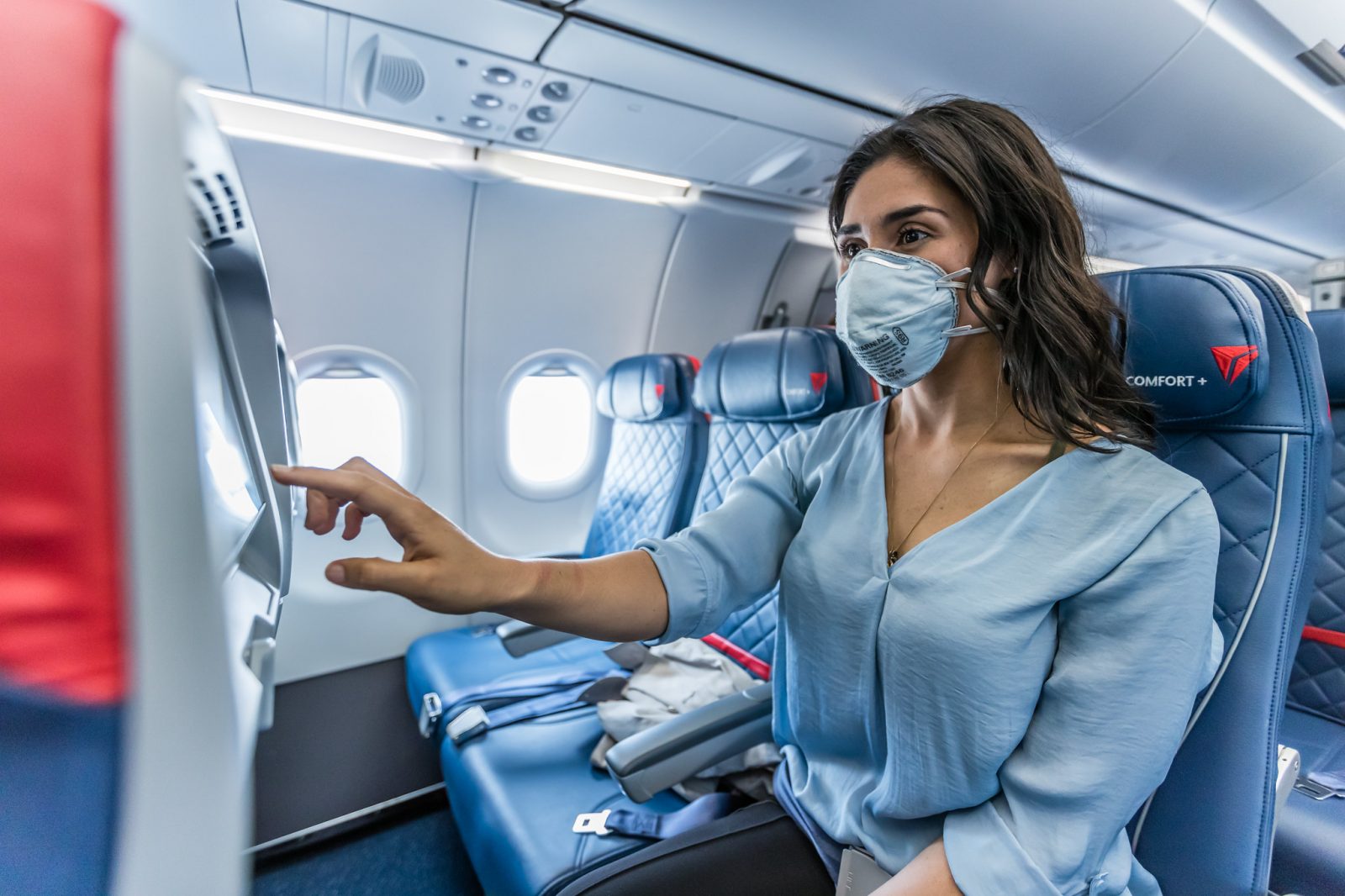
Delta will carry on blocking middle seats to promote social distancing on its flights until April 30, 2021, at the earliest. The Atlanta-based airline has been the only major U.S. carrier to continue blocking middle seats and limiting passenger capacity on its flights since December 1 when Southwest Airlines lifted its own caps.
In a statement, Delta said it would review its seat blocking policy based on infection rates and vaccination data meaning that capacity could be increased as the epidemiological situation in the United States and around the world improves.
On aircraft with middle seats, the middle seat will only be blocked when passengers are travelling on their own or as a pair. Parties of three or more will not benefit from a blocked middle seat. On aircraft without a middle seat, the adjacent seat will be blocked and the adjacent seat in domestic First Class will also be blocked on all flights.
“We want our customers to have complete confidence when traveling with Delta, and they continue to tell us that more space provides more peace of mind,” commented Bill Lentsch, Delta’s chief customer experience officer on Monday.
“We’ll continue to reassess seat blocking in relation to case transmission and vaccination rates, while bringing back products and services in ways that instill trust in the health and safety of everyone on board – that will always be Delta’s priority,” Lentsch continued.
Although many airlines baulked at the idea of blocking middle seats for fear of huge revenue losses, Delta maintains that it has been able to charge a premium for the service.
jetBlue and Alaska Airlines have been filling middle seats since January 7. Southwest justified its decision to lift capacity caps because it was aligning its policy “with science-based findings from trusted medical and aviation organizations”.
Industry trade groups including the International Air Transport Association (IATA) have always maintained that it is unnecessary to block middle seats because the chance of COVID-19 transmission onboard an aircraft is so low.
The industry points to other safety measures such as HEPA air filtration systems and mandatory face mask policies that negate the need for social distancing.
Related
Mateusz Maszczynski honed his skills as an international flight attendant at the most prominent airline in the Middle East and has been flying ever since... most recently for a well known European airline. Matt is passionate about the aviation industry and has become an expert in passenger experience and human-centric stories. Always keeping an ear close to the ground, Matt's industry insights, analysis and news coverage is frequently relied upon by some of the biggest names in journalism.







